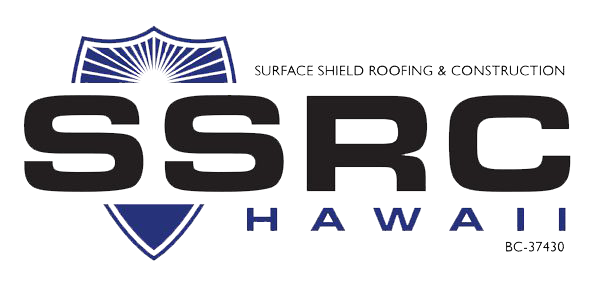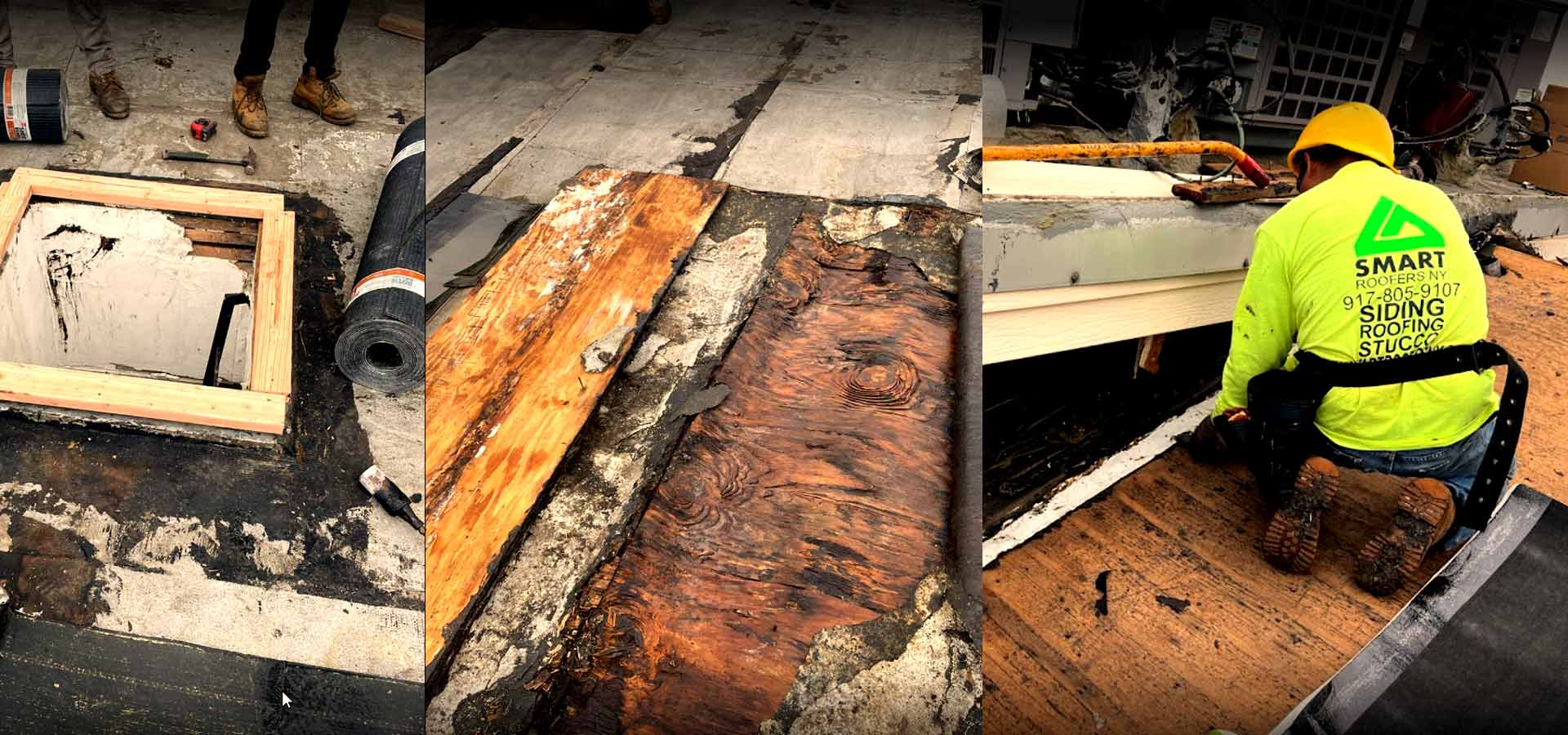Understanding the Different Kinds Of Roofings: A Comprehensive Overview for Homeowners
With an array of options-- ranging from the typical gable to the modern flat-- each kind presents distinct advantages and difficulties that must line up with the house owner's details demands and environmental factors to consider. As we explore the complexities of different roofing kinds, it ends up being evident that one size does not fit all; the right selection might shock you.
Saddleback Roof
Gable roof coverings, characterized by their triangular form, are among the most popular roofing styles because of their simpleness and efficiency in dropping water and snow. This layout features 2 sloping sides that fulfill at a ridge, enabling efficient water drainage and decreasing the threat of water buildup. The high pitch commonly associated with gable roofing systems boosts their capability to manage hefty precipitation, making them appropriate for numerous environments.
Along with their practical benefits, gable roofings offer visual versatility. They can be adjusted to various building designs, from standard to modern homes. The style can additionally fit additional features such as dormer windows, which improve all-natural light and ventilation in the attic area.
In addition, gable roofs give ample room for insulation, adding to energy performance. Homeowners can choose from a variety of roof covering materials, consisting of asphalt shingles, metal, and tiles, further boosting modification options.
Despite their benefits, saddleback roofs may call for additional assistance in areas susceptible to high winds or heavy snowfall. Generally, the gable roofing system stays a favored option because of its blend of functionality, resilience, and visual charm.
Flat Roofs
Flat roof coverings are usually acknowledged for their minimalist style and sensible applications, especially in industrial and business setups (oahu roofing). These roof coverings include a virtually horizontal or straight surface area, which enables simple building and functional area application. While they might lack the aesthetic appeal of pitched roofings, flat roofs supply various benefits, especially in metropolitan environments where making the most of space is essential
Among the main advantages of flat roof coverings is their ease of access. Home owners can use the roof covering area for numerous objectives, such as rooftop yards, terraces, or solar panel setups. In addition, level roofings are generally much more economical to preserve and install compared to their sloped equivalents, as they need fewer products and labor.
Typical products utilized for flat roofing systems include built-up roofing (BUR), changed bitumen, and single-ply membranes, each offering unique benefits. Overall, flat roofing systems offer as a practical and versatile selection for lots of homeowners and organizations alike.
Hip Roofing Systems
Hip roof coverings are defined by their sloped sides that converge on top, creating a ridge. This style is distinct from saddleback roofs, as all 4 sides of a hip roofing slope downwards toward the walls, providing an extra stable structure. The angle of the slopes can differ, enabling flexibility in building looks and capability.
One of the key benefits of hip roof coverings is their capacity to endure heavy winds and negative weather problems. The sloped surfaces make it possible for far better water drainage, decreasing the threat of leaks and water damages. Furthermore, hip roofings provide boosted attic space, which can be utilized for storage or perhaps transformed into habitable areas.
However, creating a hip roofing can be extra pricey and complex than less complex roof kinds, such as gable roofings. The extra product and labor involved in creating the slopes and making certain proper structural stability can bring about higher expenses. Despite these downsides, lots of home owners favor hip roofing systems for their sturdiness, visual charm, and capacity for power efficiency.
Mansard Roofs
Mansard roofs, usually acknowledged by their special four-sided layout, attribute two click this inclines on each side, with more tips here the lower slope being steeper than the top. This architectural design, originating from France in the 17th century, is not just cosmetically appealing yet functional, as it makes the most of the usable room in the top floorings of a structure. The high reduced incline enables even more headroom, making it a suitable option for lofts or attics, which can be exchanged living spaces.
Mansard roofing systems are defined by their convenience, suiting numerous architectural designs, from conventional to contemporary. They can be constructed with different products, including asphalt roof shingles, slate, or metal, providing homeowners with a variety of options to fit their choices and budget plans. Furthermore, the style allows for the combination of dormer home windows, enhancing all-natural light and air flow in the upper degrees.
Nevertheless, it is necessary to consider the possible downsides. Mansard roofs might call for more maintenance as a result of the complexity of their design, and their high inclines can be testing for snow and rain drainage. Generally, mansard roofings incorporate beauty with usefulness, making them a prominent choice among house owners seeking distinct architectural attributes.
Lost Roof Coverings
As home owners progressively seek simpleness and functionality in their architectural designs, shed roofs have emerged as a prominent selection. Defined by a solitary sloping airplane, a shed roofing system presents a minimalist aesthetic that enhances numerous home styles, from modern to rustic.
One of the main benefits of a shed roofing system is its simple construction, which often translates to reduce labor and material expenses. This style enables efficient water drain, minimizing the danger of leaks and water damage. Additionally, the vertical slope offers sufficient room for skylights, boosting natural light within the interior.
Shed roofings also offer adaptability in terms of usage. They can be successfully integrated into enhancements, garages, or exterior structures like structures and sheds. Moreover, this roofing style can accommodate numerous roof covering materials, consisting of metal, asphalt roof shingles, or also green roofings, straightening with environmentally friendly campaigns.
However, it is essential to consider regional climate problems, as hefty snow lots may demand changes to the roofing system's angle or structure. Generally, lost roof coverings offer a useful and visually pleasing choice for homeowners aiming to optimize performance without compromising style.
Verdict


Gable roof coverings, characterized by their triangular form, are among the most preferred roof covering designs due to their simplicity and effectiveness in dropping water and snow. oahu roofing. The steep pitch frequently associated with gable roofings boosts their capacity to manage heavy precipitation, making them ideal for various environments
While they might lack the aesthetic appeal of pitched roofs, level roofing systems use countless benefits, especially in urban settings where maximizing area is important.
